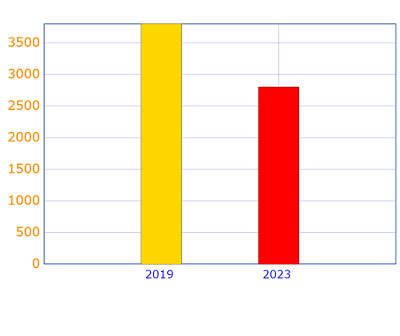This is a picture from the Twitter feed of Prof. Deadric Williams, during one of his lectures at the University of Tennessee. As he explains “This is a slide I use to describe scholars looking for variables to account for the ‘racial gap’ in a given outcome.”
In “child welfare,” or as it should be called, family policing, the Scooby Gang is getting desperate. As the work of genuine scholars, such as Prof. Dorothy Roberts undermines the foundations of the family policing surveillance state, the Scooby Gang falls back on all it has left: misrepresenting what their betters have to say, and invoking horror stories.
In a previous post, I documented the desperate efforts of a charter member of the Scooby Gang, former University of Maryland School of Social Work Dean Richard Barth, to use his increasingly shrill Twitter feed to stand the whole concept of “evidence-based” on its head.
Now, he’s sunk even lower – to the level of Emily Putnam-Hornstein, the foremost evangelist for using “predictive analytics,” or, as it should be called, computerized racial profiling, in family policing. She has turned her Twitter feed into the “child welfare” equivalent of Fox News - devoting it almost exclusively to horror stories about child abuse deaths. (You can read all about her and her track record here.)
Putnam Hornstein claims she’s “sharing abuse and neglect deaths since advocates ignore.” That is demonstrably false. We “advocates” pay constant attention to child abuse fatalities. To cite just one example, two NCCPR Issue Papers are devoted almost exclusively to the topic, and you’ll find it discussed in scores of posts to this blog. It’s just that we say things with which Putnam-Hornstein disagrees.
Things like this:
There is irony in Putnam-Hornstein’s Foxified approach, since the rate of child abuse fatalities has remained the same for decades, even as the family police surveillance state has reached such gargantuan proportions that more than half of all Black families will be investigated. So every Putnam-Hornstein tweet is, in effect, a refutation of the approach she and the rest of the Scooby Gang have championed.
But exploiting horror stories while falsely claiming others ignore them is a great excuse to distort the entire debate while trying to maintain a veneer of “scholarship.”
And now, Barth has joined in:

I know of nobody who has ever made the argument that all
neglect is just poverty. We’ve
absolutely said that the confusion of poverty with neglect is rampant – because
it is -- but we’ve never denied the existence of those very rare horror
stories. (In contrast, Barth
has denied that there is any racial bias in family policing.) If you still don’t understand this, Prof.
Barth, be sure to attend my virtual presentation on this very topic at the next
Kempe
Center International Conference (Oct. 4 at 9:30 a.m. e.t.) [UPDATE: ICYMI, Prof. Barth, the text is here.]
Or did I miss it somewhere? If so, Prof. Barth, please provide a link, or at least a citation, to where anyone with whom you disagree has said that all neglect is “just poverty.”
Of course, Barth and Putnam-Hornstein aren’t the only ones who link to horror stories. We do it, too, concerning abuse in foster homes and institutions. But there’s one key difference. Six years ago, I offered a deal: As long as people like the Scooby Gang keep invoking horror stories, the rest of us have to remind people that the horrors go in all directions. But, I wrote, while I will not unilaterally disarm, I am prepared to accept a mutual moratorium on the use of horror stories to “prove” anything.
Instead, the Scooby Gang has doubled down – because horror stories are all they’ve got.
At a minimum, the descent into fearmongering argues for excluding Barth and Putnam-Hornstein from any serious scholarly discourse on family policing.
And actually using a so-called “predictive analytics” algorithm designed by anyone who behaves this way should be unthinkable.






